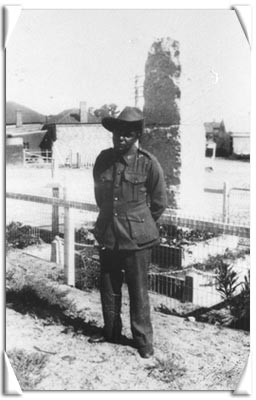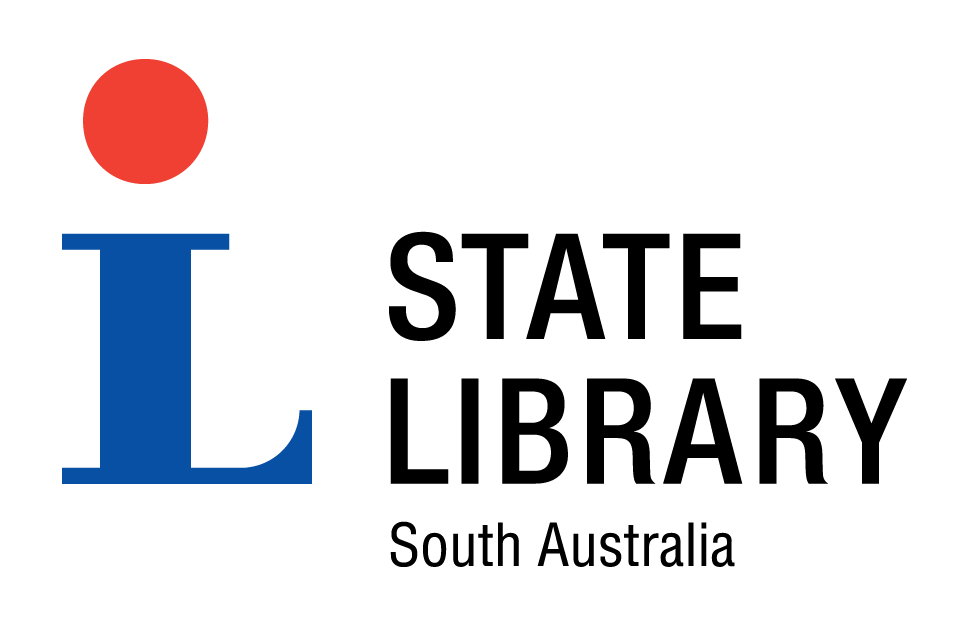
Aboriginal Rights Page 4
- Early European Impact

- The Stolen Generations
- The Aboriginal Response
- David Unaipon
- After World War II
- The 1967 Referendum
- The Aboriginal Flag
- Aboriginal Deaths in Custody
- First International Indigenous Women's Conference
- Eddie Mabo
- Hindmarsh Island [Kumarangk] Bridge
- Your house is not our house
- Future Directions
Post World War II
The Aboriginal Rights Movement after World War II has for the most part been a national movement, recognising that the issues affecting Aboriginal Australians are rarely limited to one state or territory. Initially single actions raised issues of discrimination. From 1946 to 1949 Aboriginal station workers in the Pilbara district of Western Australia participated in one of Australia's longest strikes in protest against their low wages and poor conditions.
The granting of the franchise to Aboriginal Australians was until 1962 a mix of state and Commonwealth legislation. Following South Australia's leadership in this area in the 19th century, section 41 of the Constitution of Australia guaranteed the continued franchise of South Australian Aborigines in Commonwealth and state elections. Following the beginnings of the civil and human rights movements in the fifties, the establishment of the National Aborigines Day Observance Committee in 1957, and international pressure regarding indigenous rights following the 1956 Olympic Games the Commonwealth government formed a Select Committee on Voting Rights of Aborigines in 1961. The Committee concluded, "The aboriginal people are a permanent part of the Australian community.... they will never tend to die out again .... This makes imperative the recognition of their proper status.... Your committee, while limited by its terms of reference to the franchise, recognizes that the franchise alone is not enough. It hopes that the exercise of the franchise by aboriginal people will lead to policies which meet their needs." This report led to the Commonwealth government legislating in 1962 to give "Aboriginal Natives of Australia the right to enroll and to vote as electors of the Commonwealth."
The 1967 referendum
The 1967 referendum was a watershed in the campaign for Aboriginal rights. The Australian Constitution had always discriminated against Aboriginal people in sections 51 and 127.
51.The Parliament shall, subject to this Constitution, have power to make laws for the peace, order, and good government of the Commonwealth with respect to: -
(xxvi) The people of any race, other than the aboriginal people in any state, for whom it is necessary to make special laws.
127. In reckoning the numbers of the people of the Commonwealth, or of a state or part of the Commonwealth, aboriginal natives should not be counted.
The referendum question to amend section 51 and remove section 127 gained the highest yes vote recorded in an Australian referendum, 90.77%.
Items 13 - 24 of 29














